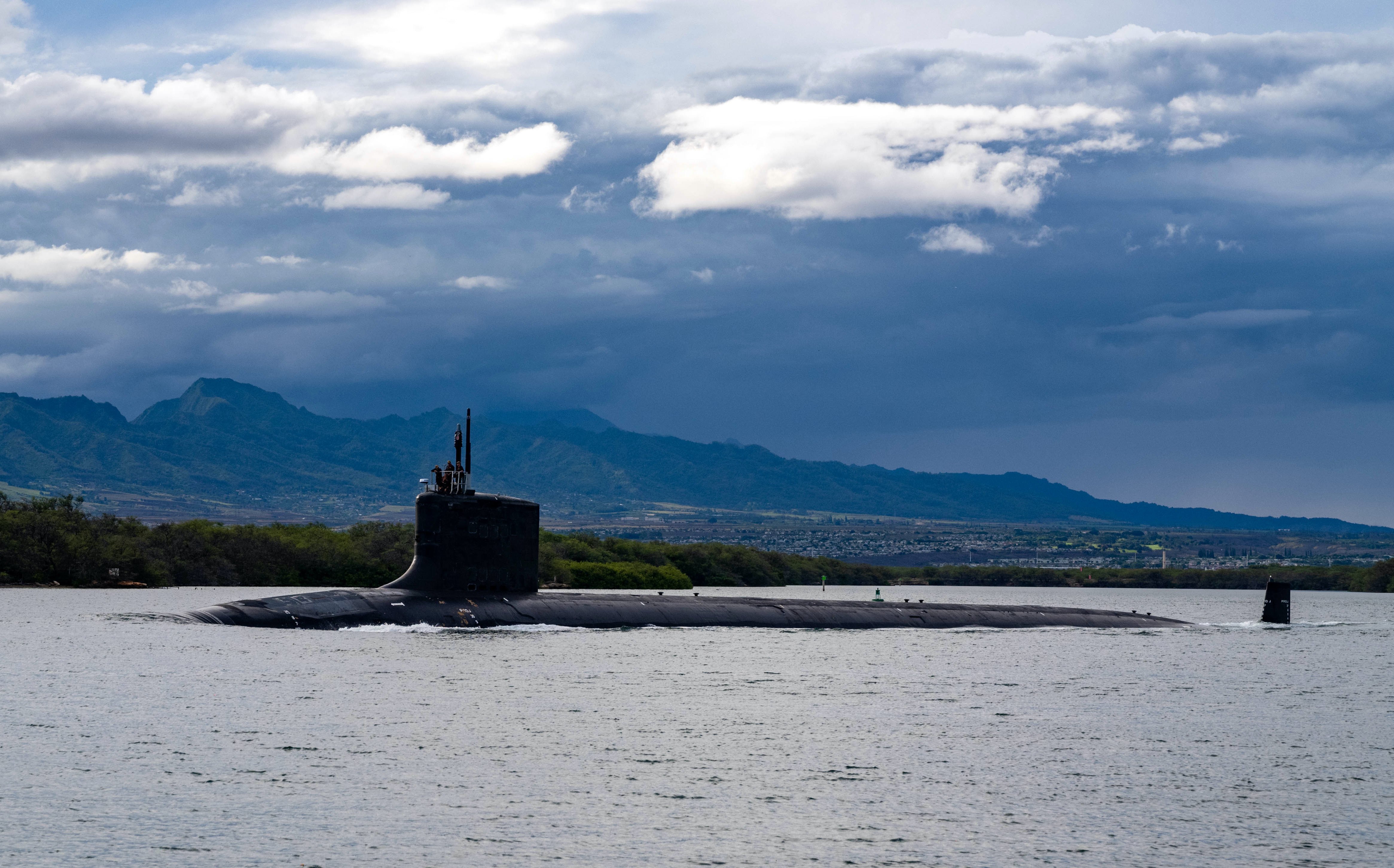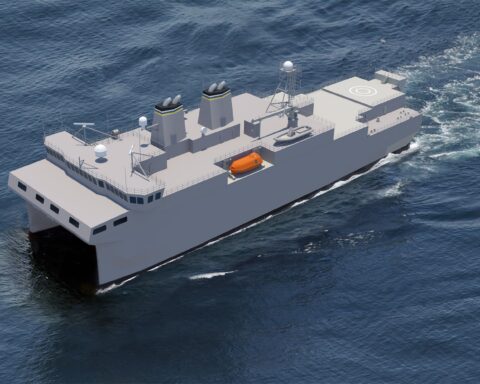The following is the Dec. 7, 2017 Congressional Research Service Report, Yemen: Civil War and Regional Intervention.
From the Report:
This report provides information on the ongoing crisis in Yemen. Since March 2015, Saudi Arabia and members of a coalition it established have been engaged in military operations against an alliance composed of the Houthi movement and loyalists of the previous President, Ali Abdullah Saleh.
In early December 2017, the Houthi-Saleh alliance unraveled, culminating in the killing of
former President Saleh on December 4, 2017. The killing of Saleh and the end of his forces’
alliance with the Houthis may have changed the dynamic of the war. In the coming months, it is
possible that on-the-ground fighting may escalate, as the Saudi-led coalition and remnants of
Saleh’s allies join forces to isolate the Houthis.
Health facilities in Yemen reported 8,757 conflict-related deaths and over 50,000 injuries from the start of hostilities in March 2015 through October 2017. However, due to the high number of nonfunctional health facilities in Yemen as a result of the war, the United Nations estimates that the death toll in Yemen is significantly underreported. The actual number of casualties is likely much higher, with more than 2,200 Yemeni deaths associated with a cholera outbreak alone in 2017.
On November 4, 2017, the Houthis fired a ballistic missile into Saudi Arabia. In response, the
Saudi-led coalition accused Iran of supplying more sophisticated missile technology to the
Houthis, and said in a statement that the attack “could rise to be considered as an act of war” by
Iran. The coalition then announced that it was temporarily closing all Yemeni ports, including the main commercial port of Hodeida, on November 6, 2017. Many humanitarian agencies decried the closing of all ports of entry into Yemen, asserting that the Saudi-led coalition was violating international law by using starvation as a weapon. The total closure of all Yemeni ports lasted until November 24, 2017, when the Saudi-led coalition announced that it would begin allowing humanitarian aid to resume entering Hodeida port. The Saudi-led coalition did lift its blockade on select humanitarian deliveries as of early December 2017, but it is unclear whether the coalition is permitting commercial goods to be imported.
The Trump Administration welcomed the coalition’s actions while further stating, “We look
forward to additional steps that will facilitate the unfettered flow of humanitarian and commercial goods from all ports of entry to the points of need…. All sides must support a political process with facilitating humanitarian relief as the top priority. We remain committed to supporting Saudi Arabia and all our Gulf partners against the Iranian Islamic Revolutionary Guard Corps’ aggression and blatant violations of international law.”
Since March 2015, the United States has been the largest contributor of humanitarian aid to
Yemen. In FY2017, the United States provided over $635 million in humanitarian aid from
multilateral accounts in response to Yemen’s humanitarian crisis.
via fas.org





